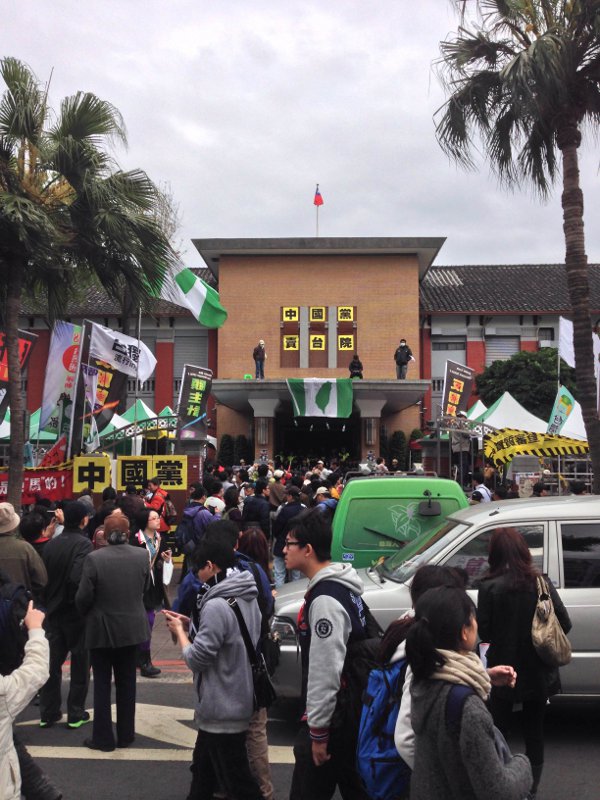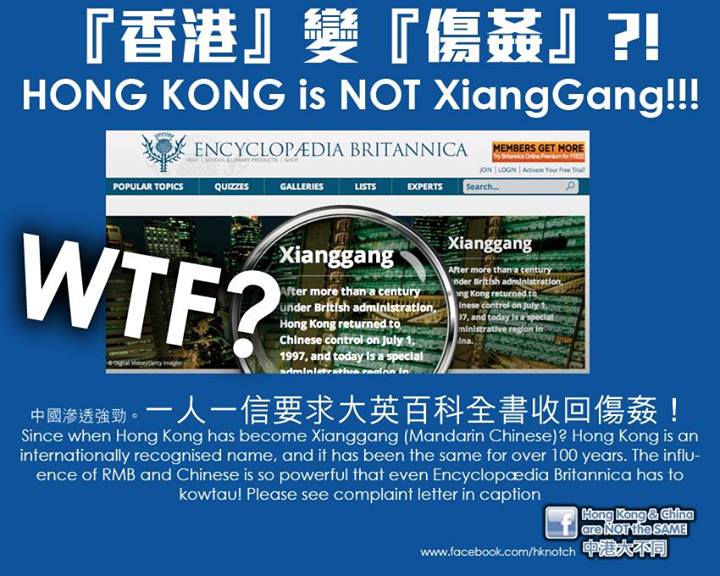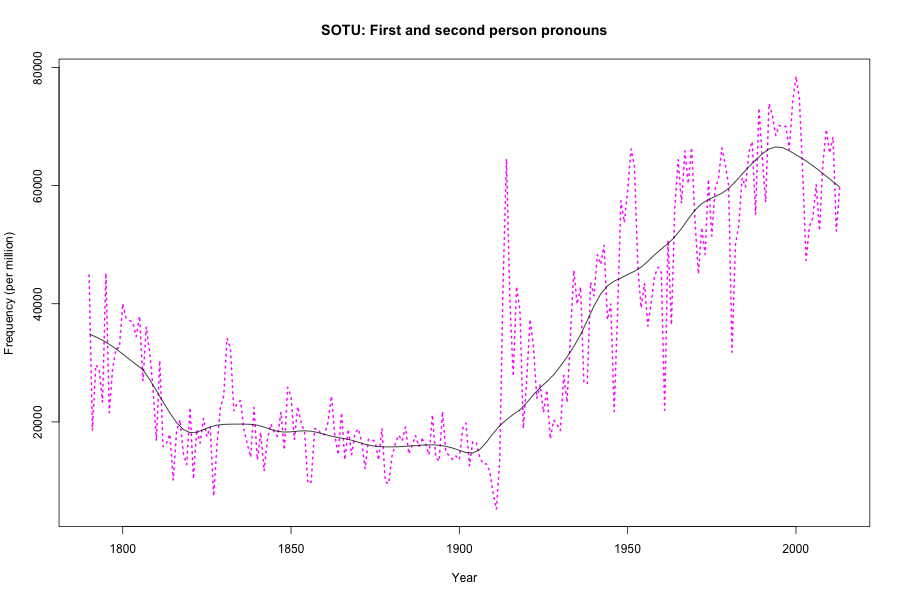Dylan Byers, "Bush speechwriter: Obama plagiarized Bush", Politico 1/29/2014:
President George W. Bush's former speech writer said that President Barack Obama plagiarized his former boss in Tuesday's State of the Union address.
Speaking to Fox News's Megyn Kelly, Marc Thiessen, the lead writer on Bush's 2007 State of the Union address, said he found Obama's speech Tuesday night "eerily familiar."
"Barack Obama has gone from blaming George W. Bush to plagiarizing George W. Bush," Thiessen said.
Thiessen then read phrases from the 2007 speech which focused on the theme "hope and opportunity."
"It was eerily familiar. There were lines like 'Our job is to help Americans build a future of hope and opportunity, a future of hope and opportunity begins with a growing economy, a future of hope and opportunity requires that all citizens have affordable and available healthcare, extending opportunity and hope depends on a stable supply of energy,' all of that came from the 2007 State of the Union from George W. Bush," Thiessen said.
Read the rest of this entry »



